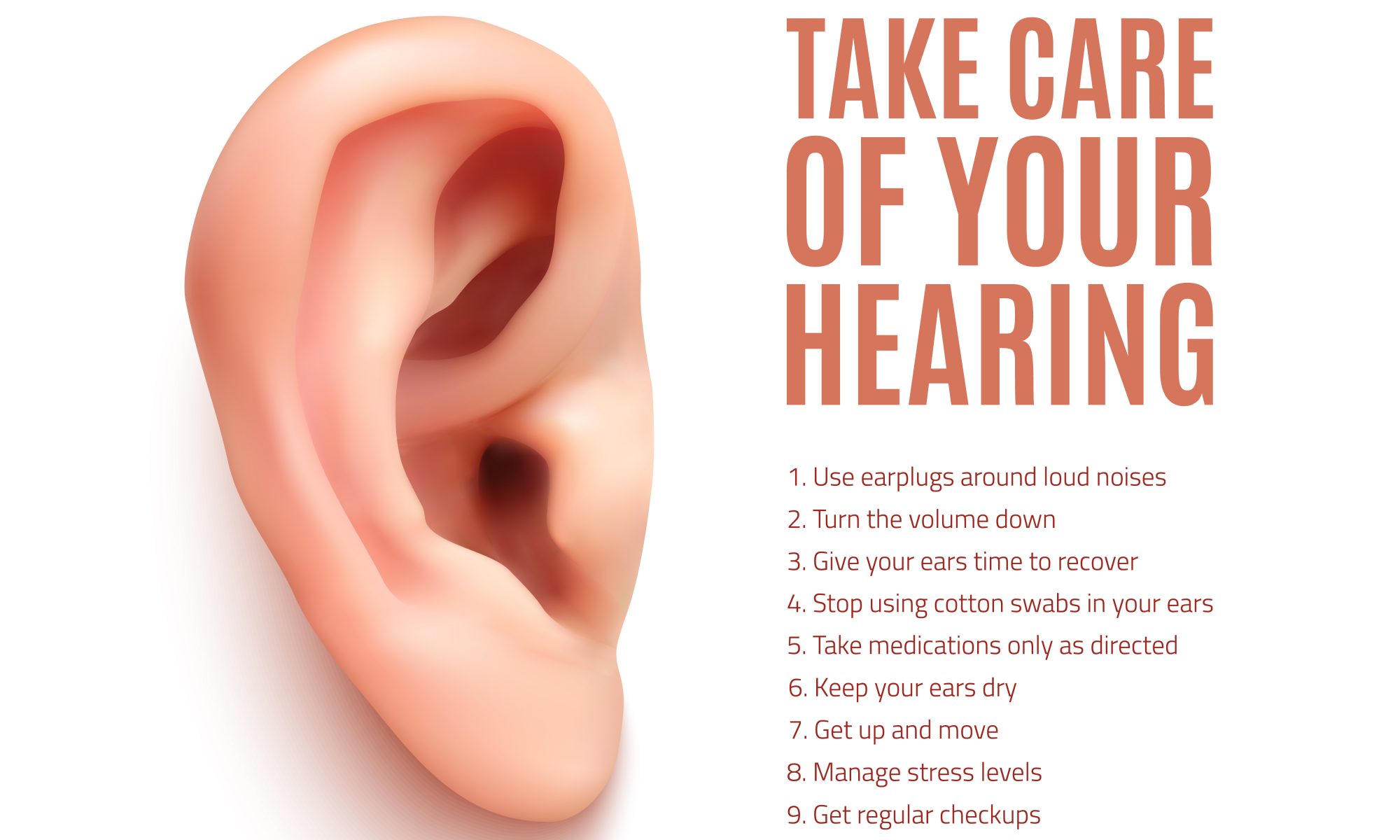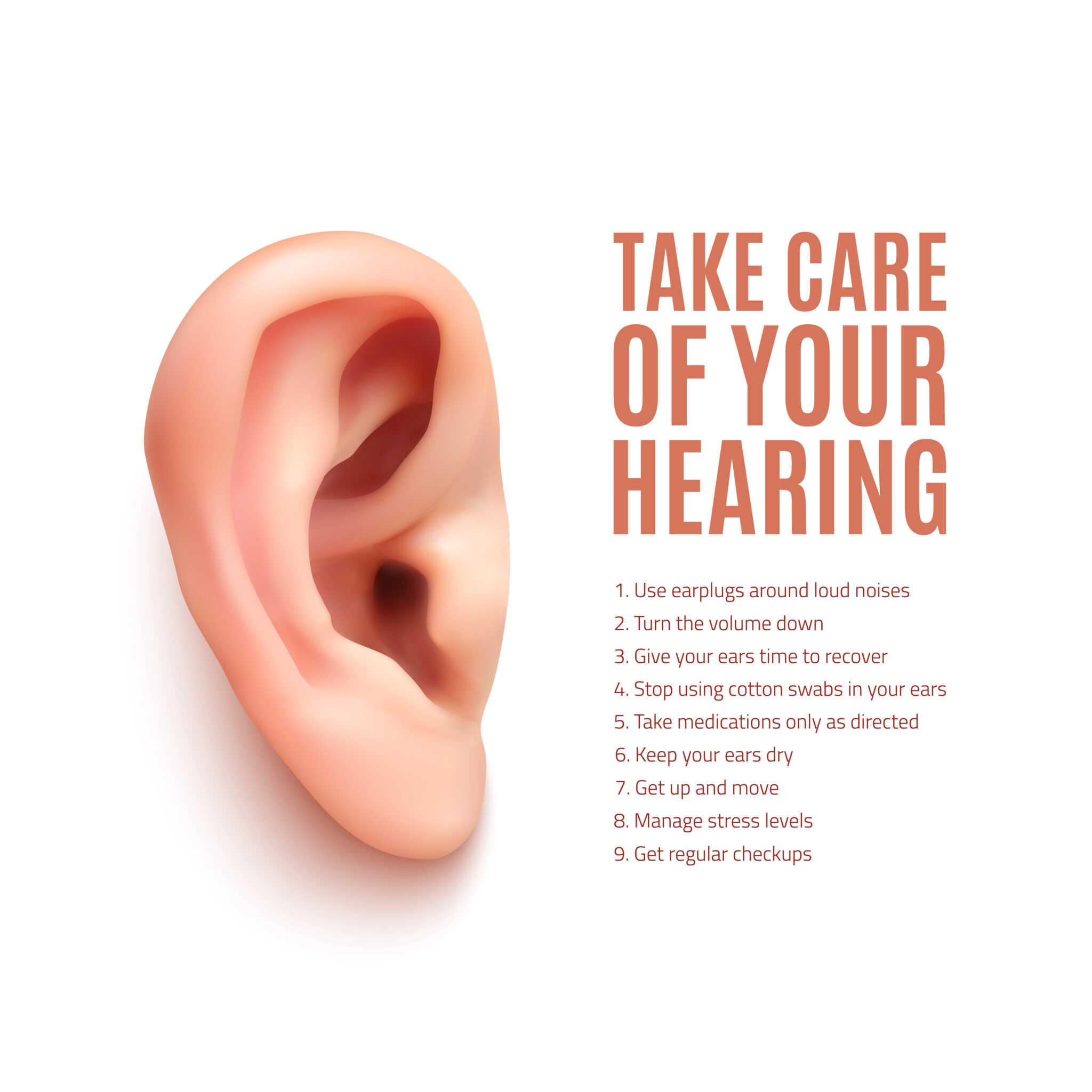Questions to Ask Your New Audiologist
Questions to ask your new Audiologist. If you are visiting a hearing specialist because you have concerns about your hearing or know for a fact that you suffer from hearing loss, you naturally want it to be as productive as possible. It’s a good plan to go to your appointment with some foreknowledge and idea of the questions you want to ask your audiologist. They are professionals, so don’t worry if you don’t get around to it in time, as they will still diagnose your problem regardless.
To help you along, here are five questions Memorial Hearing suggests asking your audiologist, and some general answers that they can expand upon:
1. What is involved in a hearing exam?
You can ask your audiologist’s office what to expect, though typically hearing test procedures begin with your medical and life background and questions about your symptoms. Then there will be a physical examination of the ear to look for visible signs of blockage, infection, or trauma. Finally, audiological testing is performed by playing tones and other sounds at different decibel (volume) levels to assess the performance of the middle and inner ear.
2. What type of hearing loss is present?
Your ear is actually made up of the outer ear, the middle ear, and the inner ear. The brain is also very much involved in what we ‘hear’ based on the signals being sent from our ears. The most common type of hearing loss is sensorineural hearing loss that affects the sensitive detection cells of the inner ear and the auditory nerve. A conductive hearing loss is that which results from a blockage or defect in the middle or outer ear that prevents sounds from getting through to the inner ear properly. Whereas sensorineural hearing loss tends to be permanent and requires hearing aids, medical or surgical treatment may be able to resolve the issue that is causing conductive hearing loss. A mixed hearing loss is when both sensorineural and conductive hearing loss is present.
3. What can I do to prevent things from getting worse?
This is very important, and the answer will depend on your specific situation. Your audiologist will ask you questions about your work and home environment to determine if there is an ongoing hazard that you should be protected from. For example, a musician who is concerned about losing hearing might be recommended to get a particular type of musician’s earplug that limits dangerous sounds but allows essential sounds to be heard.
4. What are the different types of hearing aid?
Just as there are different types of hearing loss, there are also different types of hearing aids. They vary from brands, styles, and technology levels, so your audiologist has to take everything into consideration before making a choice for you. Some problems that affect hearing are temporary and can be rectified by treatment such as impacted wax or infection, resulting in a return to normal hearing function. But other problems are permanent, including an age-related hearing loss that involves the inner ear, and hearing aids may be needed. Often you will notice subtle problems later once you become more used to a new hearing aid or a pair of hearing aids, so ask about when you should follow up to see if further adjustments are needed.
5. Are both of my ears affected?
You may feel certain that you have only lost hearing in one ear, while the other one is fine. Though the notion of having a good ear and a bad ear is often correct in a relative sense, there can be hearing loss present in the ‘good’ ear too, just not as pronounced as in the other one. Your audiologist can perform tests to determine the extent of hearing loss in both your ‘bad’ ear and your ‘good’ ear. Be sure to ask whether they recommend getting hearing aids for both ears, and for ways to tell if they are working properly.
More Questions? Contact Our Team for Accurate Answers
If you have concerns over the hearing loss, contact Memorial Hearing to set up an appointment with a Houston hearing specialist to learn what can be done about it.


